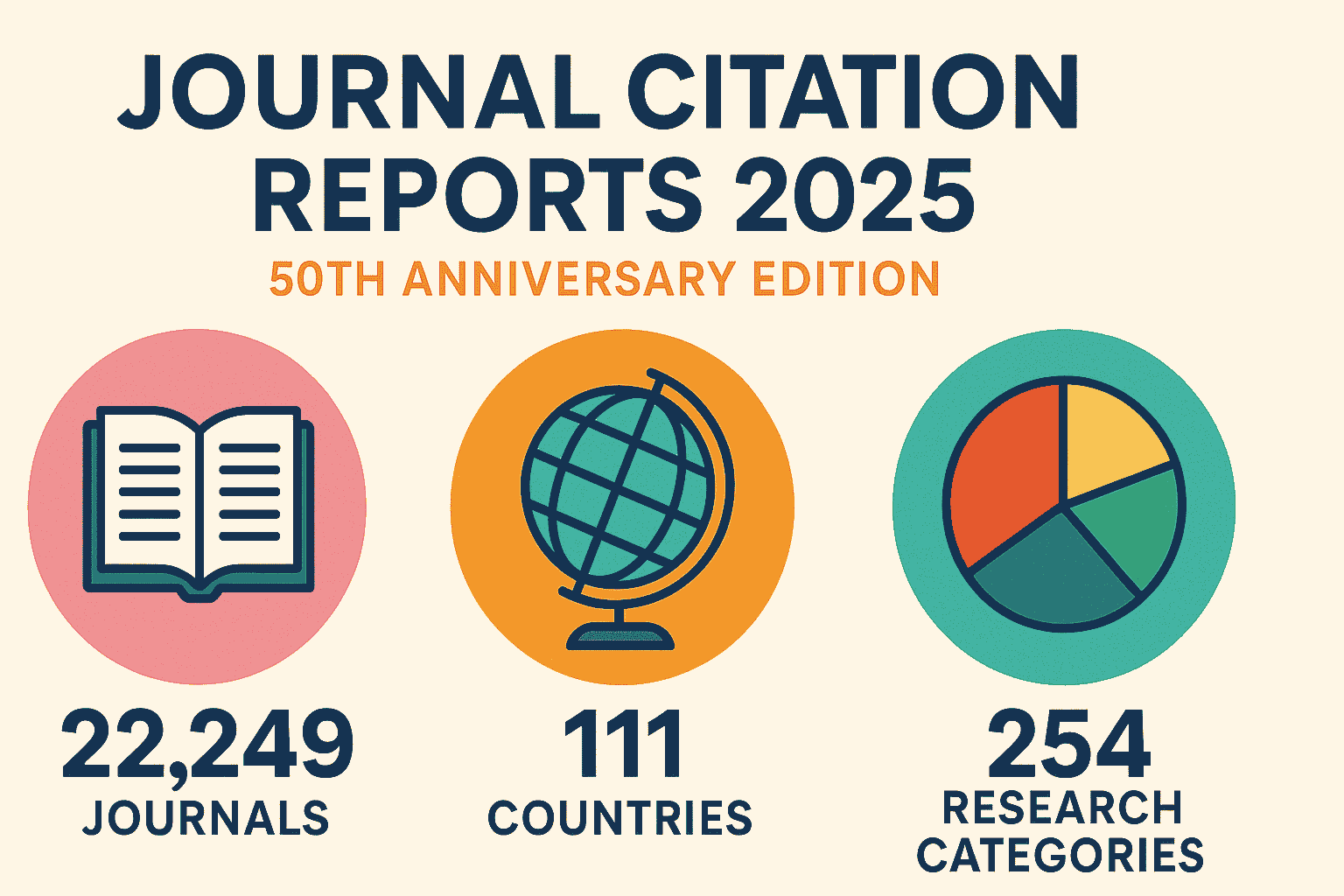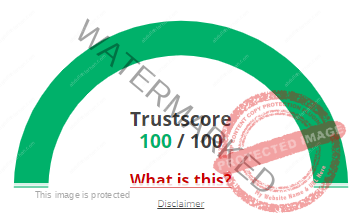Tags :Cancer therapeutic resistance
Modulating the PPARγ pathway upregulates NECTIN4 and enhances chimeric antigen receptor (CAR) T cell therapy in bladder cancer Summary Activation of the PPARγ pathway shows promise in improving CAR T cell therapy for bladder cancer. Read More
CD160 dictates anti-PD-1 immunotherapy resistance by regulating CD8+ T cell exhaustion in colorectal cancer Summary CD160, a surface receptor on CD8+ T cells, plays a crucial role in resistance to anti-PD-1 immunotherapy in colorectal cancer (Read More
Investigating the correlation between IDO1/PD-L1 expression or co-expression and EGFR/KRAS gene mutations in advanced NSCLC Summary This study explores the relationship between IDO1 and PD-L1 expression (both individually and together) and the presence Read More
The value of acetylation reader YEATS2 in hepatocellular carcinoma management Summary YEATS2, a protein that “reads” acetylated lysine on histones, plays a significant role in hepatocellular carcinoma (HCC) development. Studies indicate it promotes HCC cell Read More
The unfolded protein response influences therapy outcome and disease progression in chronic lymphocytic leukaemia Summary Chronic lymphocytic leukemia (CLL) cells rely on the unfolded protein response (UPR), a cellular stress response pathway, to survive. The Read More
Identification of the Notch ligand DLK1 as an immunotherapeutic target and regulator of tumor cell plasticity and chemoresistance in adrenocortical carcinoma Summary Adrenocortical carcinoma (ACC) is an aggressive cancer with limited treatment options. This research Read More
TRPV1 inhibition sensitizes tumors to PD-1 blockade by reversing resistance to CTL-mediated killing Summary TRPV1 inhibition can enhance the effectiveness of PD-1 blockade immunotherapy in treating tumors. Tumors can develop resistance to cytotoxic T lymphocyte (Read More







